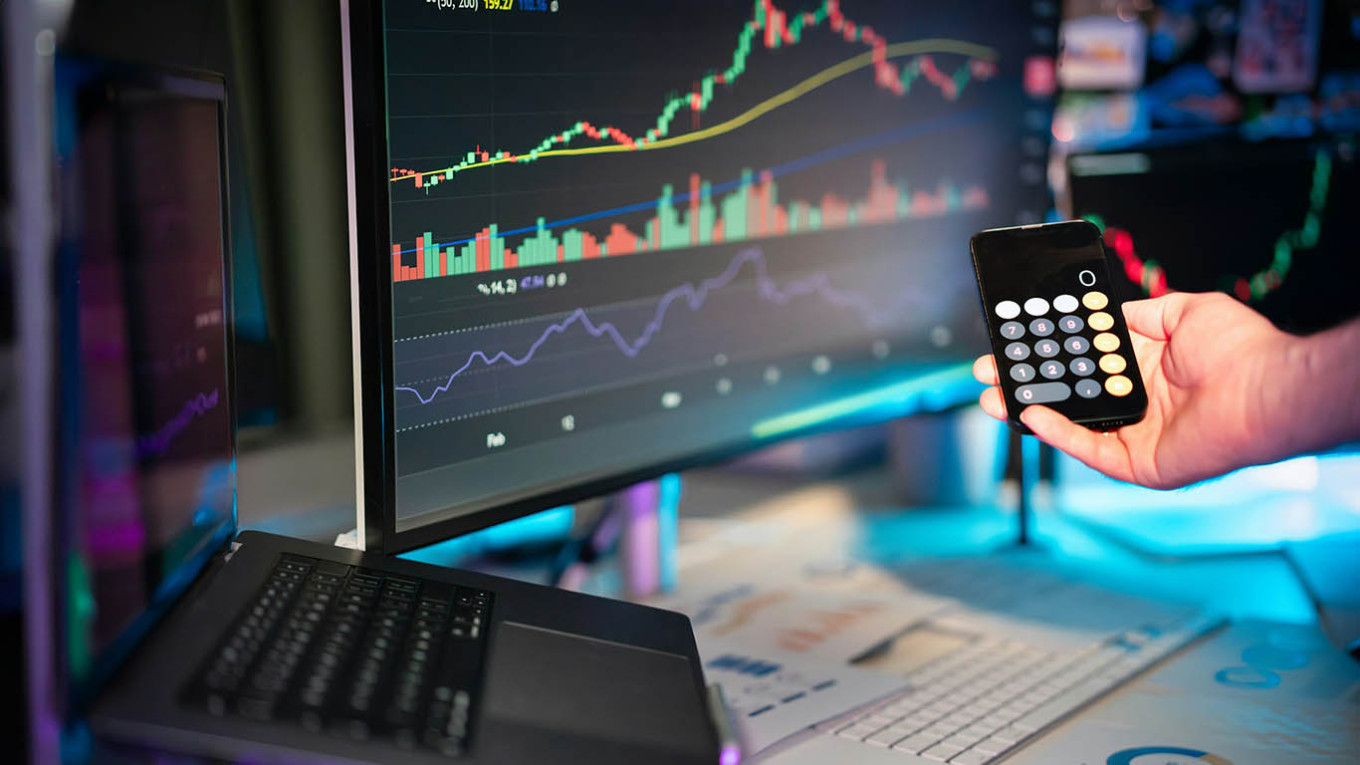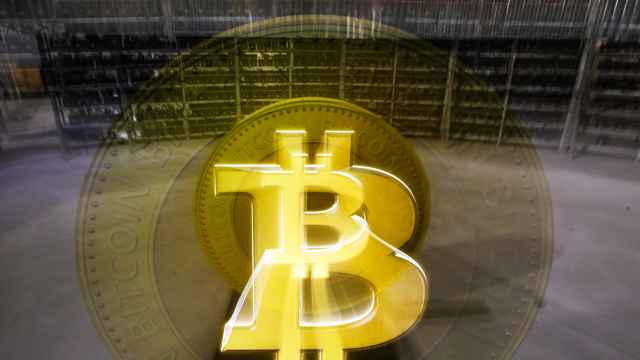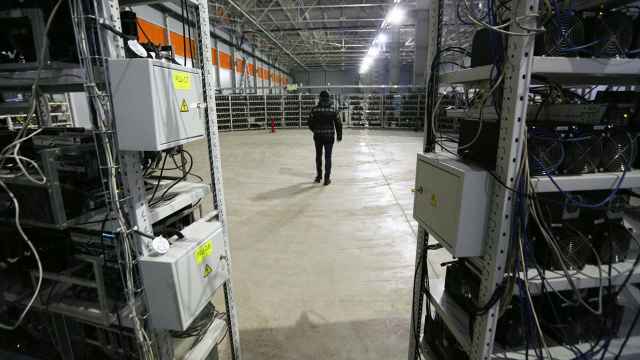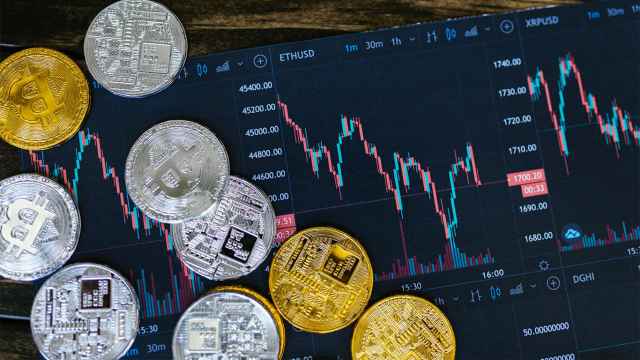Russian authorities are preparing sweeping new regulations for the country’s cryptocurrency market with plans to legalize cross-border transactions while sharply tightening penalties for other crypto operations, officials said.
“This area must receive proper legislative regulation so we can restore order to the sector,” Finance Minister Anton Siluanov said Tuesday following a strategic session overseen by Prime Minister Mikhail Mishustin.
Cryptocurrency is already being used to pay for imports and move foreign currency abroad, Siluanov noted, adding that the Finance Ministry had reached an agreement with the Central Bank to “bring order” to the market through stronger regulatory oversight.
Prosecutor General Alexander Gutsan said a legal framework was now in place to prosecute those involved in the illegal circulation of cryptocurrency and to allow the state to seize such assets.
The framework also includes tools to monitor transactions linked to corruption, terrorism, extremism and drug trafficking, he said.
Russian authorities, long opposed to any crypto-based payments, have softened their stance since Western sanctions disrupted access to international payment systems.
Last year, the country legalized crypto mining and cross-border settlements within an “experimental legal regime” (ELR).
Siluanov later suggested legalizing crypto exchanges, but the proposal ran into opposition from the Central Bank.
The Bank, which considers cryptocurrency too risky, wants to limit its use strictly to cross-border payments under the ELR and to transactions by ultra-wealthy investors through licensed firms.
All other uses, including domestic payments and retail investments, should be banned, the regulator argues.
Any crypto activity outside the Central Bank’s oversight should carry criminal penalties, First Deputy Governor Vladimir Chistyukhin said.
“We would like any operations conducted without legal authorization to be deemed illegal and prosecuted under the law,” he added. Crypto should initially be available only to “a very, very limited class of investors” to reduce potential financial and social losses, he said.
The Central Bank still refuses to recognize cryptocurrency as a legitimate means of payment. It has proposed banning all crypto transactions between Russian residents outside the ELR framework, with penalties for violations.
The regulator has not clarified what will happen to the large amounts of cryptocurrency already held by Russians.
Earlier this year, it estimated domestic crypto transactions at more than 1 trillion rubles ($12.4 billion) per month, with holdings on wallets linked to Russian users totaling about 827 billion rubles ($10.2 billion) as of March.
Siluanov said the government could not simply ignore that scale of activity.
The Finance Ministry takes a softer stance than the Central Bank, advocating for a gradual approach that would bring the market out of the gray zone without stifling innovation.
Finance Ministry official Alexei Yakovlev suggested lowering the threshold for legal participation to allow a wider test group.
“We shouldn’t create conditions where access to legal infrastructure is limited to a tiny, elite segment,” he said.
Chistyukhin maintained that the Finance Ministry and Rosfinmonitoring generally support the Central Bank’s approach, though the details are still being discussed.
Officials hope to finalize the new regulatory framework by the end of the year.
Meanwhile, security agencies have already started raiding cryptocurrency exchange offices across Russia.
A Message from The Moscow Times:
Dear readers,
We are facing unprecedented challenges. Russia's Prosecutor General's Office has designated The Moscow Times as an "undesirable" organization, criminalizing our work and putting our staff at risk of prosecution. This follows our earlier unjust labeling as a "foreign agent."
These actions are direct attempts to silence independent journalism in Russia. The authorities claim our work "discredits the decisions of the Russian leadership." We see things differently: we strive to provide accurate, unbiased reporting on Russia.
We, the journalists of The Moscow Times, refuse to be silenced. But to continue our work, we need your help.
Your support, no matter how small, makes a world of difference. If you can, please support us monthly starting from just $2. It's quick to set up, and every contribution makes a significant impact.
By supporting The Moscow Times, you're defending open, independent journalism in the face of repression. Thank you for standing with us.
Remind me later.






